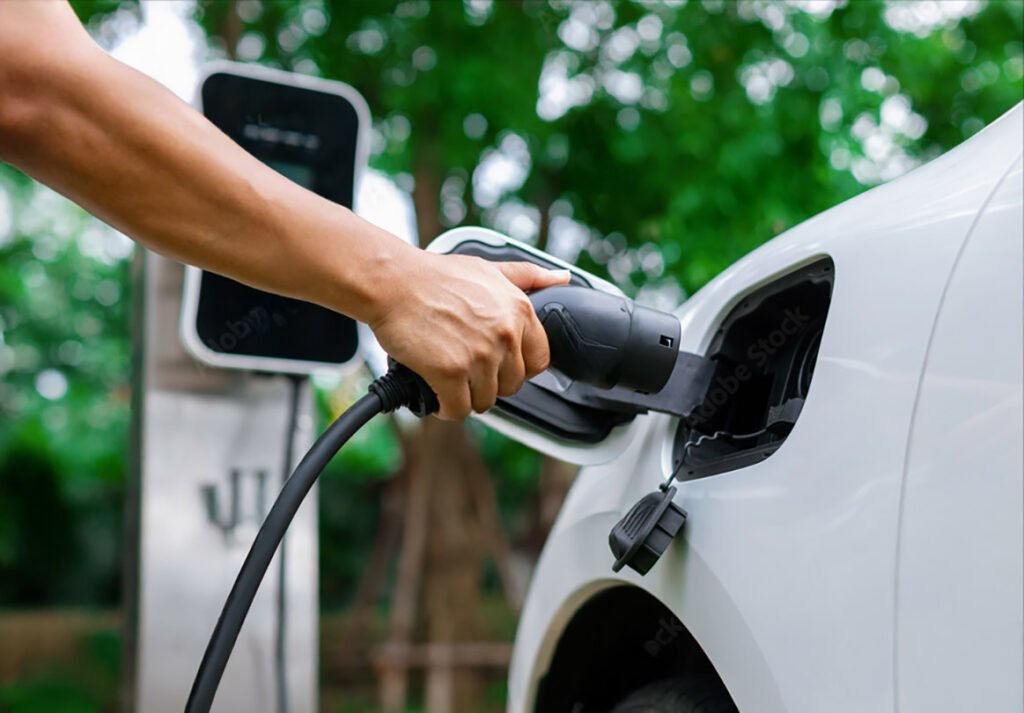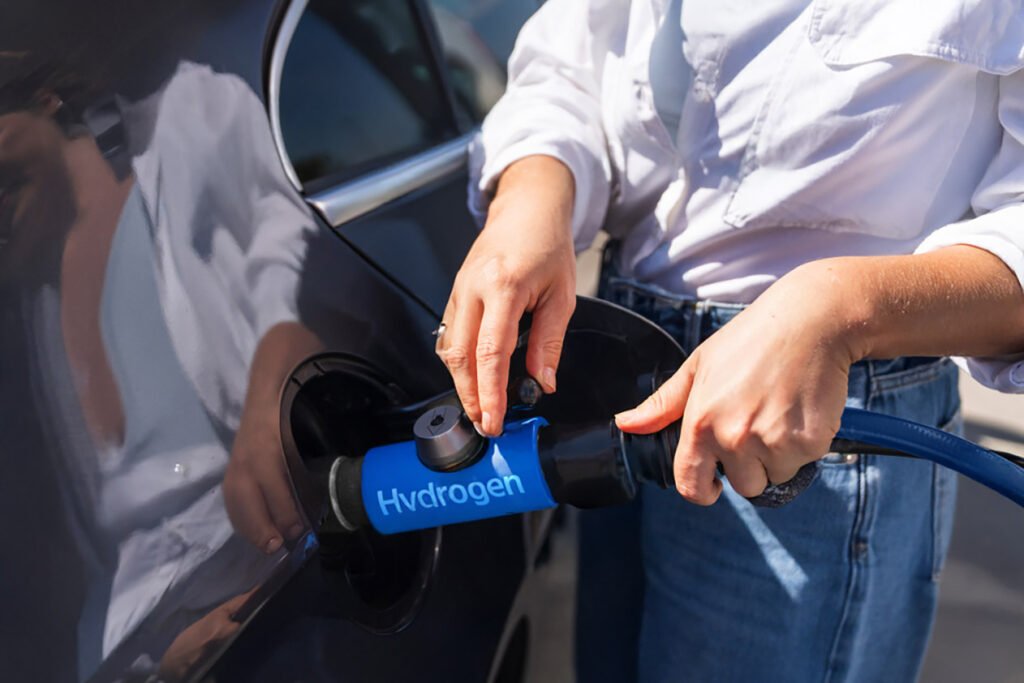Hydrogen is positioned as one of the most promising alternatives to achieve sustainable mobility, and a new engine based on this fuel is marking a before and after in the automotive industry. This breakthrough not only offers a clean and efficient solution, but also redefines the future of transportation.
- Optimized pressure: Injection in excess of 30 bar to maximize efficiency.
- Promising results: Initial tests confirm its viability as a sustainable alternative.
| Energy Source | Pros ✅ | Cons ❌ |
|---|---|---|
| Hydrogen Energy (FCEVs) | - Longer range than BEVs. - Fast refueling (3-5 minutes). - Can be produced from renewable sources. - Ideal for heavy-duty transport. | - Expensive production (green hydrogen is costly). - Limited refueling infrastructure. - Lower energy efficiency (~30-40%). - Storage and transport challenges. |
| Electric Energy (BEVs) | - High energy efficiency (>85%). - Well-developed charging infrastructure. - Lower maintenance costs. - Zero direct emissions. | - Limited driving range. - Long charging times. - Battery degradation over time. - High demand for rare minerals (lithium, cobalt). |
2. Key Factors When Choosing the Right Energy Source
When deciding between hydrogen or electric, key factors include:
- Usage and Range Needs: Long-haul transport benefits from hydrogen, while city driving favors electric.
- Infrastructure Availability: Charging stations are more widespread than hydrogen refueling points.
- Total Cost of Ownership (TCO): Electric vehicles are generally cheaper to maintain.
- Environmental Impact: While both are cleaner than fossil fuels, battery production has a significant footprint, and hydrogen production efficiency is still low.
3. Future Perspectives for Both Technologies
- Electric Vehicles (EVs): Expected to dominate the passenger car market due to improving battery technology and expanding charging networks. However, battery recycling and raw material sourcing remain concerns.
- Hydrogen Vehicles (FCEVs): Likely to play a crucial role in trucks, ships, trains, and even aviation, where batteries are impractical. However, green hydrogen production must scale significantly to be competitive.


| Factor | Electric (BEVs) | Hydrogen (FCEVs) |
|---|---|---|
| Vehicle Price | Lower | Higher |
| Fuel Cost | Lower ($0.10-$0.20/kWh) | Higher ($10-$16/kg H2) |
| Maintenance | Lower (fewer moving parts) | Higher (complex fuel cells) |
| Infrastructure Cost | Lower (charging stations exist globally) | Higher (hydrogen stations are scarce) |
5. Expert Opinion: What’s the Best Choice?
For personal use and urban mobility, electric vehicles (BEVs) are the most practical, cost-effective, and accessible option today. However, hydrogen is likely to become the preferred energy source for heavy transport and industrial applications. The real question is not whether hydrogen or electricity will win but rather how they will coexist to create a fully sustainable future.

